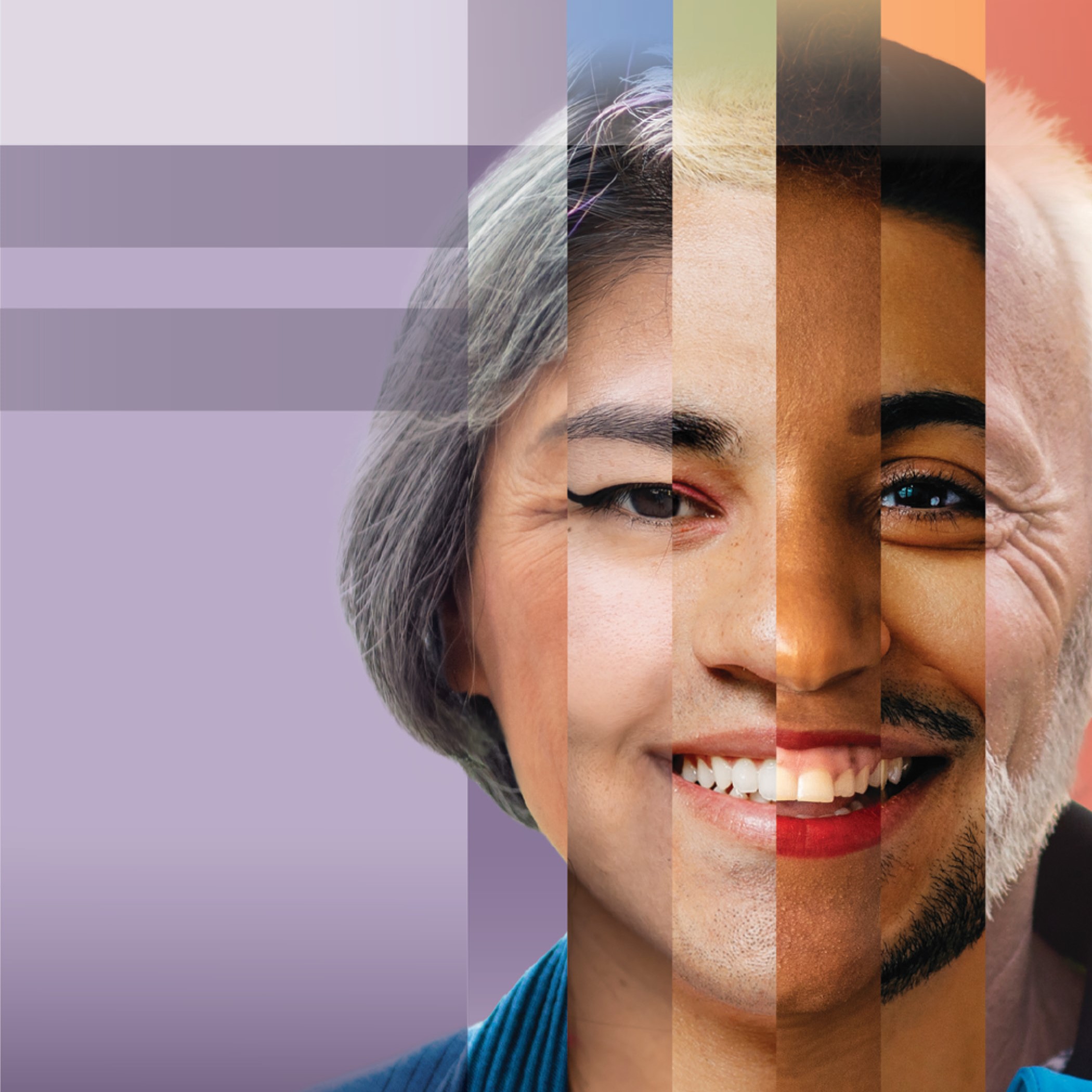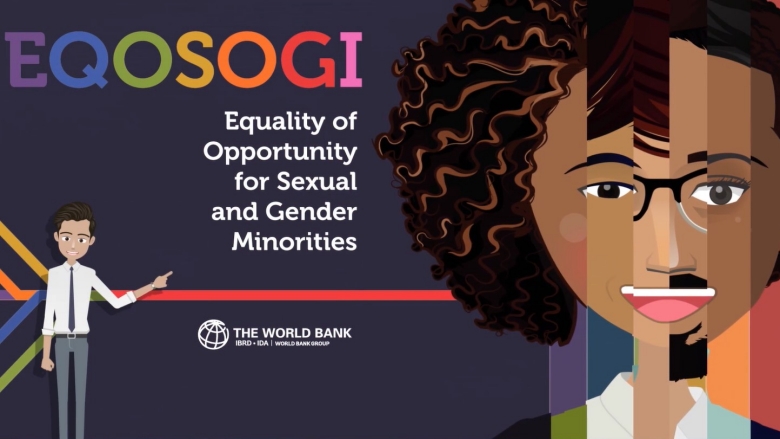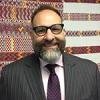OVERVIEW:
The second Equality of Opportunity for Sexual and Gender Minorities (EQOSOGI 2) report examines the laws and regulations that affect the lives of LGBTI people in 64 countries around the world. These countries represent different geographic areas, income levels, and inclusiveness of sexual and gender minorities, ensuring a diverse and holistic representation of the issues. The report measures six indicators to identify differences in the legal treatment of sexual and gender minorities: decriminalization, civil and political inclusion, protection from hate crimes, access to inclusive education, access to labor markets, and access to public services and social protection.
Achieving equality of opportunity for LGBTI+ people is a long-term goal with numerous challenges. The report offers new numerous policy recommendations designed to prevent and eliminate discriminatory practices, including the need for explicit and enforced legal protections against discrimination in the workplace, bullying and other forms of harassment in educational settings, and a ban on forced treatment or conversion therapy of sexual and gender minorities.


